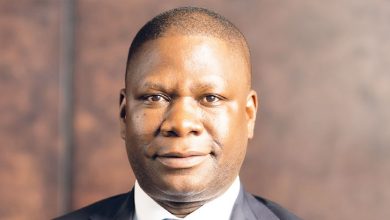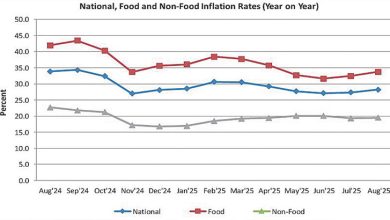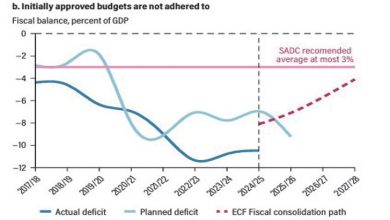Listed firms start ESG mandatory reporting
The 16-counter Malawi Stock Exchange (MSE) has started mandatory environmental, social and governance (ESG) reporting for listed companies, enforcing a requirement introduced in its revised listing rules last year.
The move is part of a broader shift to align Malawi’s capital market with international sustainability standards and investor expectations.
MSE chief operating officer Kelline Kondowe said in an interview on Tuesday that the goal is beyond regulatory compliance as themove will also institutionalise responsible business conduct that supports long-term growth and contributes to national development priorities.

a strategic tool. | Nation
She said: “ESG reporting is part of a broader conversation about the role companies play in achieving sustainable development goals.
“It means having frameworks that guide how businesses operate responsibly, taking into account their impact on the environment, society and the broader economy.”
From the 2024 financial year, all listed firms are now required to disclose their ESG performance as part of their annual filings. While this is the first reporting cycle under the new framework, Kondowe said the response so far shows that firms are taking the obligation seriously.
“This is the first year we’re seeing the requirement applied. While there Is commitment to comply, we have focused on building the capacity of all stakeholders to ensure ESG reporting becomes a value-adding process—not just a tick-box exercise,” she said.
Kondowe said MSE will continue working with partners to deepen ESG understanding in the market.
“Of course, being the first year, there will be gaps,” she acknowledged. “But our aim is full compliance and meaningful reporting. We are confident that with continued collaboration, our market will adapt,” she said.
To support this transition, the MSE has partnered with sustainability experts to conduct training sessions for listed companies. The sessions aim to help firms go beyond formal compliance and develop ESG strategies that are integrated into core operations.
Among the MSE’s partners is Johannesburg-based GCX, a pan-African sustainability advisory firm.
GCX chief executive officer Kevin James said that ESG, when approached strategically, can strengthen a firm’s competitive edge, especially in markets where regulatory expectations and consumer scrutiny are intensifying.
“Done well, ESG unlocks operational efficiencies, brand trust, and access to new markets. It is not just about compliance, it is about positioning businesses for long-term resilience,” he said.
In May, GCX co-hosted ESG training sessions in Malawi, focusing on double materiality assessments and aligning disclosures with Global Reporting Initiative (GRI) standards.
Stock market investor Benedicto Nkhoma observed that the companies will be using the ESG principles as a compliance tool, but said he expects listed companies to start using them as a strategic tool as time goes.
“As time goes, companies will have to adopt the ESG principles because it will be ingrained in business practices,” he said. “Investors will be looking at how companies are incorporating environmental safeguards and gender balance and management and board level before engaging or partnering with companies.”
Stockbrokers Malawi Limited equity investment analyst Kondwani Makwakwa said if companies integrate ESG in their operations, it would improve their risk profile.
“He said: “Good ESG means fewer risks like fines or environmental problems, which can affect company performance. If a company has poor ESG, it is seen as riskier, a development that can reduce its value.”





